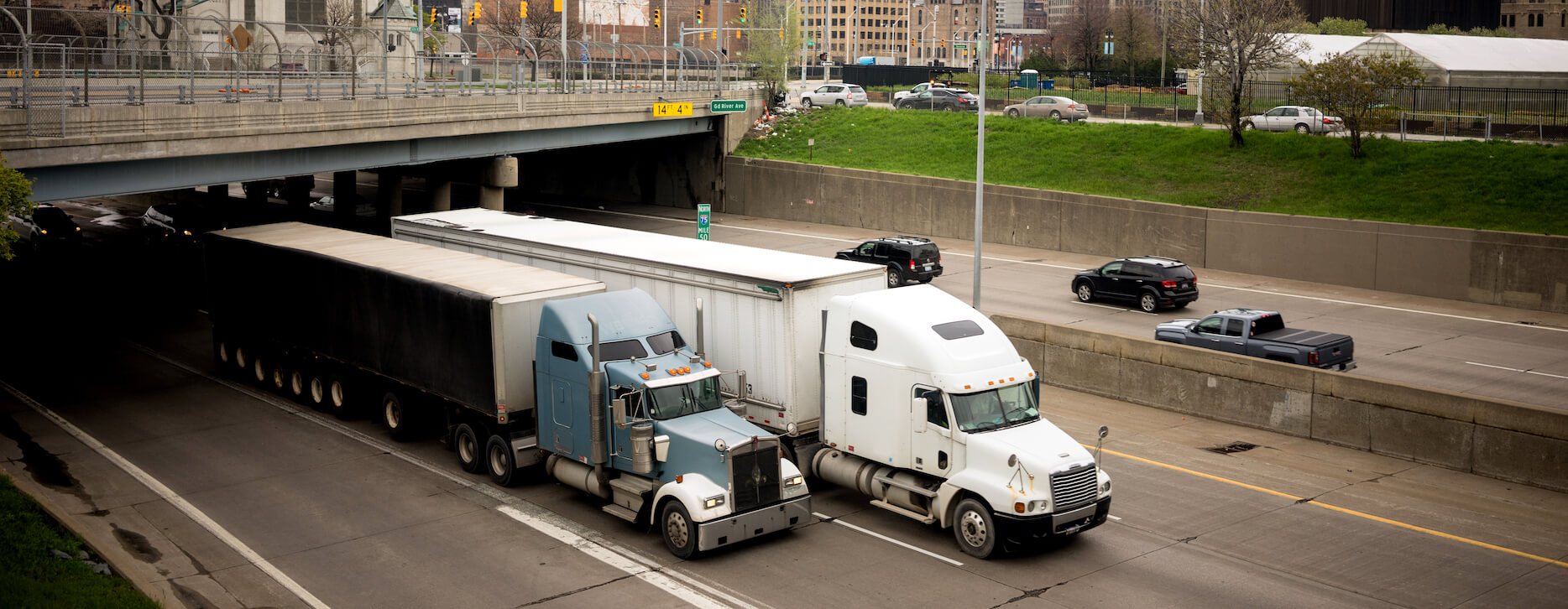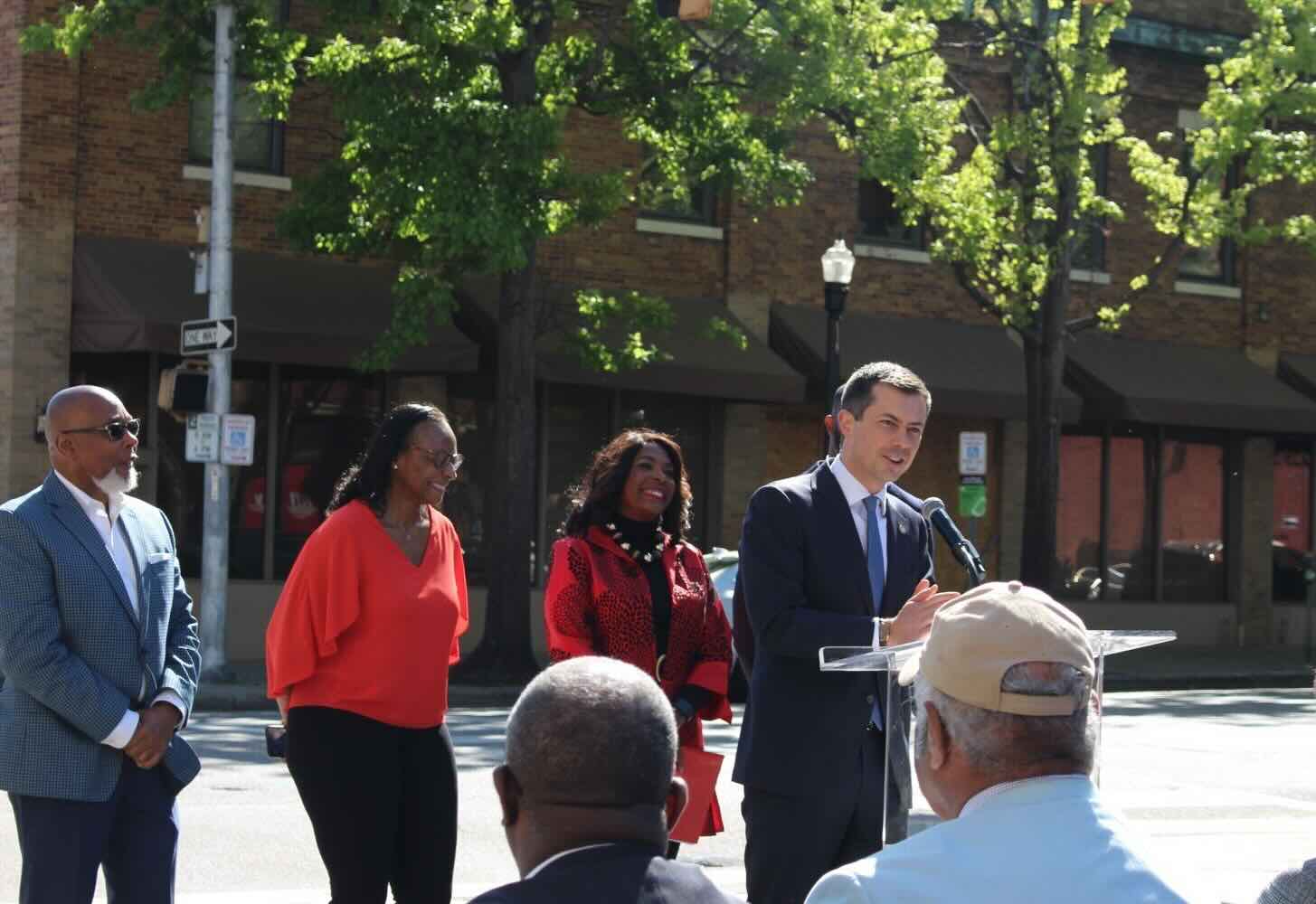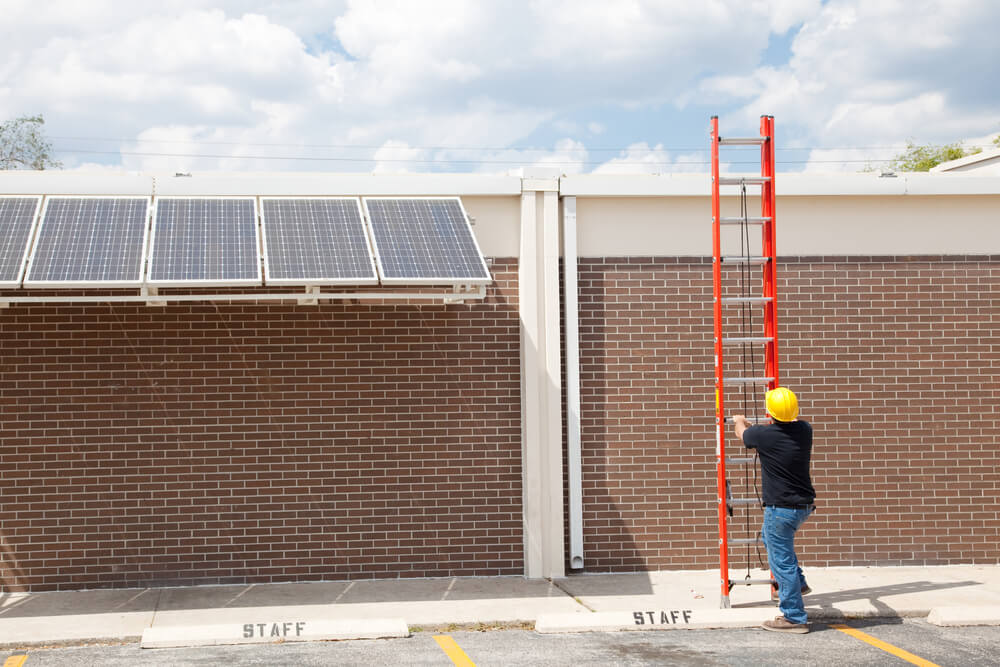Editor’s note: ImpactAlpha has partnered with HIP Investor to highlight upcoming bond issues with social and/or environmental significance. Disclaimer: Nothing in this post or on ImpactAlpha.com shall constitute an offer to sell or solicitation of an offer to buy bonds.
- CUSIP bond identifier: 5946954P0
- Issuer: state of Michigan
- Impact entity rated by HIP: Michigan State Transportation Department
- Muni sector: Transportation
- Closing date: September 13, 2023
- Bond amount: $1,182,220,000
- Coupon: 5%
- HIP Impact Rating: 55.8% on a 100 point scale = “net positive”
- Opportunity Zones located in the issuing entity: 288 opportunity zones covering 890,036 of Michigan’s 10,050,811 residents
- Climate Threat Resilience Rating: 54% of 100 = “more resilient” and less risky
Rebuilding Michigan
Michigan is issuing $1.2 billion of “State Trunk Line Fund” bonds to finance transportation projects under the “Rebuilding Michigan Program,” an initiative of the State Transportation Commission that launched in 2020.
Michigan is the ninth worst-ranking state in terms of road quality and eighth worst for bridges: just 38% of the state’s roads are in “good” condition, while 24% are in “poor” condition; 11% of its bridges are “structurally deficient”. Gov. Gretchen Whitmer launched the five-year Rebuilding Michigan program to bringing 90% of the state’s critical roads, highways and bridges to a “good” or “fair” condition. It also aims to achieve longer roadway life.
The state is targeting $3.5 billion in funding through bond issuances to finance 122 long-term road repairs. So far 36 road projects and 19 bridges are in progress or completed.
The ripple effects of investing in roads include keeping drivers safe, and ensuring fast and safe transportation of goods and services fueling the local, state and national economy. Rebuilding Michigan is also estimated to create 45,147 jobs and has to date employed 5,028 construction workers.
HIP impact analysis
Several factors contribute to the state of Michigan’s “net positive” rating for its road bond. HIP Investor evaluates the impact of road authorities across 16 material metrics and four pillars: health, wealth, earth and trust.
The “road conditions” metric is part of the HIP Health pillar, and its HIP metric rating of 40.5% (net negative) is on account of Michigan’s roads and bridges falling below the average road conditions in the US broadly. Michigan does, however, report fewer motor vehicle and pedestrian and a higher frequency of safety belt usage.
A HIP Wealth pillar metric considers the amounts states spend on roads and highways per vehicle mile traveled, or VMT, which is an indicator of how much states spend on roads relative to their usage. Michigan’s capital outlay per VMT is lower than its peers, on average $507 per 10,000 VMT, compared to $683 for the US overall. Lower spending per vehicle mile could indicate fiscal efficiency and responsibility; however, considering the overall road conditions in the state, Michigan might benefit from higher state expenditures on its roads and highways, not only for health and safety of drivers and pedestrians, but also for economic benefit.
One of HIP’s Earth pillar metrics focuses on the time it takes to commute to work, and Michiganders spend less time commuting to work compared to commuters in other states, with an average of 24 minutes commuting one versus 25.9 minutes in the US overall. The transportation sector in Michigan also uses less per capita energy than other states, contributing a higher-than-average HIP Earth pillar performance the state’s road bonds.
Social and climate resilience
HIP Investor also analyzes public sector entities’ alignment with the UN Sustainable Development Goals. Enhancing the quality of roads and bridges is in alignment with several UN SDG goals and targets, such as SDG 3 (good health and wellbeing). SDG target 3.6 specifically addresses halving the number of deaths and injuries from road accidents.
SDGs 8 and 9 focus on decent work and economic growth, as well as the development of sustainable and resilient infrastructure. The Michigan State Transportation Department earns a “net positive” rating in all of the aforementioned SDGs.
HIP’s Climate Threat Resilience Ratings are a measure of potential future investment risk and location-based climate resiliency. The overall climate threat rating is composed of several metrics, including the risk of property, human and land loss due to extreme weather events and natural disasters; governance or community preparedness; state readiness in terms of policies and plans to address climate change related disasters; and the resilience of the build environment, which encompasses communication infrastructure, transportation access and utilities infrastructure.
The Michigan road bonds’ climate resilience rating is 54%, connoting “more resilience.” The state demonstrates higher performance in the risk and governance domains (greater than 60%), but it lags in performance when it comes to the resilience of its built and natural environment (less than 50%).
Srdana Pokrajac is a Director of Impact Ratings at HIP Investor Ratings.
HIP Investor Inc. is a state-registered investment adviser in several jurisdictions, and HIP Investor Ratings LLC is an impact-ratings firm evaluating impact and ESG on 123,000 municipal entities, 250,000 muni-bond issuances, and 12,000 corporates for equities and bonds. HIP Impact Ratings are for your information and education – and are not intended to be investment recommendations. Past performance is not indicative of future results. All investments are risky and could lose value. Please consult your investment professionals to evaluate if any investment is appropriate for you, your goals, and your risk-return-impact profile.











